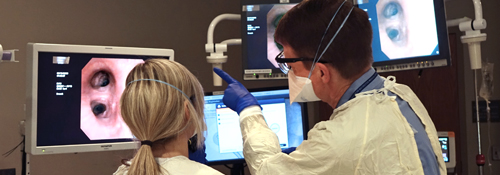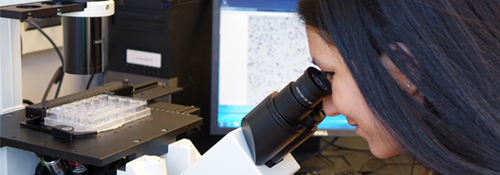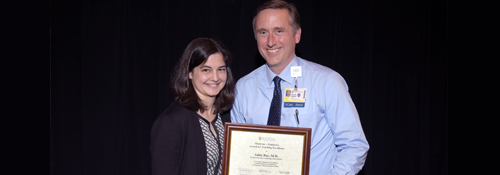Department of Medicine Faculty Honored with Endowed Professorships
Earlier this month, colleagues from URMC gathered to celebrate the installation of endowed professors. After being delayed by the pandemic, the group was grateful to gather in person. Mark Taubman, M.D., CEO of URMC and UR Medicine, provided both opening and closing remarks. The presentation of medallions was led by Taubman and Jeffrey Lyness, M.D., senior associate dean of Academic Affairs.
“I am truly honored to be named the Charles Dewey Professor,” said Ruth O'Regan, M.D., chair of Medicine, “and am so delighted that so many of my DOM colleagues were also honored.”
Congratulations to these Department of Medicine faculty!
Joseph Nicholas. M.D., M.P.H. – Palliative Care
William and Sheila Konar Family Professor in Geriatrics, Palliative Medicine, and Person-Centered Care
Ruth O'Regan, M.D. – Chair of Medicine
Charles Ayrault Dewey Professor of Medicine
M. Patricia Rivera, M.D. – Pulmonary & Critical Care Medicine
C. Jane Davis and C. Robert Davis Distinguished Professor in Pulmonary Medicine

Pictured: back row, Robert Horowitz, M.D., Joseph Nicholas, M.D., M.P.H., and Michael Apostolakos, M.D. Front row, M. Patricia Rivera, M.D., Ruth O’Regan, M.D., Annie Medina-Walpole, M.D., and Thu Le, M.D.











